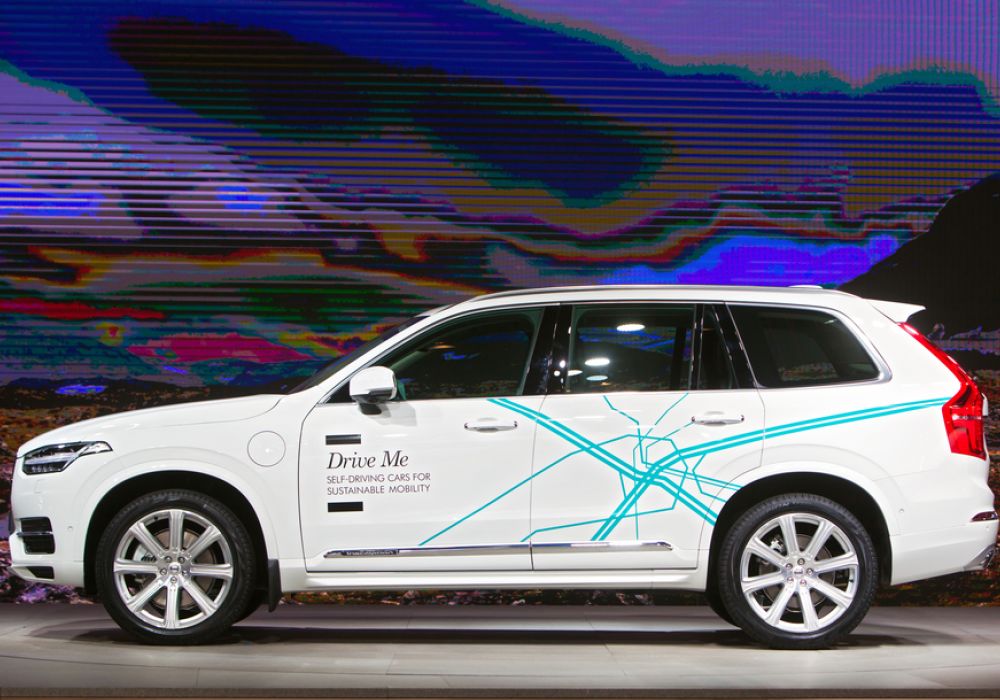
SUMMARY
Just Like The Horse Carriages Came Before The Car, So Too Will Self-Driving Cars Come After Them
India may ban self-driving cars even before they become fully operational. Its transport and highways minister Nitin Gadkari told the Hindustan Times on Tuesday: “I am very clear on this. We won’t allow any technology that takes away jobs. In a country where you have unemployment, you can’t have a technology that ends up taking people’s jobs.”
Common sense will probably prevail before any such rules are enacted in India, but this is a precursor of the debates we will soon be having worldwide.
In India in particular, autonomous vehicles would bring major benefits. According to the nation’s Ministry of Road Transport and Highways, 146,133 people were killed in road accidents in 2015, and there were more than half a million reported accidents. That amounts to 400 deaths and thousands of injuries every day. Commuting in Indian cities is a logistical nightmare. It can take two to three hours to get from one part of Bengaluru to another, and it is not an exaggeration to say that Indian drivers are among the worst in the world, as the majority of chauffeurs and taxi and truck drivers are illiterate and incapable of reading road signs.
Self-driving cars, which will take the steering wheel away from humans, are being touted as a way to prevent huge numbers of traffic accidents, quiet the chaos of the roads and dramatically improve travel times.
The Earth Institute at Columbia University estimates that autonomous vehicles would encourage more car-sharing, reducing the number of vehicles on city streets by one-third to one-half and enabling a 75 percent drop in car ownership.
Among the technology’s greatest benefits would be a likely reduction in the horrible smog caused by city traffic — with fewer vehicles being needed and designs that make them lighter and more fuel-efficient. And car-sharing, which would be a fraction of what car ownership costs, will provide mobility to the poor, the disabled, and senior citizens.
Why Self-Driving Cars Are Needed
The Indian government isn’t looking at the big picture when it puts the preservation of certain jobs ahead of the large-scale benefits of autonomous vehicles. In this case, the needs of many certainly outweigh the jobs of the few. India could be putting these people to work building infrastructure, such as highways and schools and hospitals, and cleaning up its cities and rivers. There is no shortage of work that needs doing.
These debates will hit home in the United States over the next three or four years, as cars achieve full autonomy and trucks begin to drive themselves on our highways. There will be many intangible benefits: people won’t have to worry about getting a cab ride late at night, those “driving while black” may face less racist and vicious discrimination; insurance rates would probably be lower for teen drivers; and people who live in the country would gain access to transportation services that puts them nearly on par with their city cousins.
But we will surely agonise over job losses.
According to the American Trucking Associations, in 2010 about 3 Mn truck drivers were employed in the United States, and 6.8 Mn others held jobs related to trucking activity, including manufacturing trucks and servicing them. And then there are taxi drivers and chauffeurs, estimated by the US Bureau of Labour Statistics to number 300,000. Most of these jobs will disappear. And, like the calls to bring the coal jobs back, there will be demands to bring back these jobs, too. But they won’t be coming back.
We are going to have to make such choices about every innovation. Many technologies, such as artificial intelligence, gene-editing, and robotics, are advancing on an exponential curve. They are about to disrupt entire industries and change our lives for the better and the worse. We will have to consider whether they have the potential to benefit everyone equally, whether the rewards they promise outweigh their risks, and whether they promote more autonomy or more dependence.
Self-driving cars can benefit the majority and provide greater rewards than risks. But they will take away at least some of our autonomy, and this will create some tension for those who like things the way they are.
Learning to drive is a rite of passage for people in materially-rich nations (and is becoming one in the rest of the world, too). A symbol of freedom, power, and of the agency of adulthood. But, as happened when the horseless carriage replaced the horses, eventually one will overcome the other.
So, get ready for the debates. My vote is to let the cars take over the driving — just as we let them take over the roads. Because, as I see it, we may think we own our cars, but in reality, our cars also own us. For many of us, buying a car is one of the most stressful transactions in our lives. Fixing a car (or finding mechanics we can trust to fix it) is another common headache. Managing our auto insurance, washing and maintaining our cars, and then ultimately getting rid of (selling or donating) our cars all take chunks of time we could be using for more important things.
Then there’s the torment of driving in bad weather or in other unpleasant circumstances, such as fighting rush-hour traffic or circling the block in a city centre to look for a parking spot. Self-driving cars make these problems redundant. So, who needs all that?
[This post by Vivek Wadhwa appeared on the official website and has been reproduced with permission.]


























